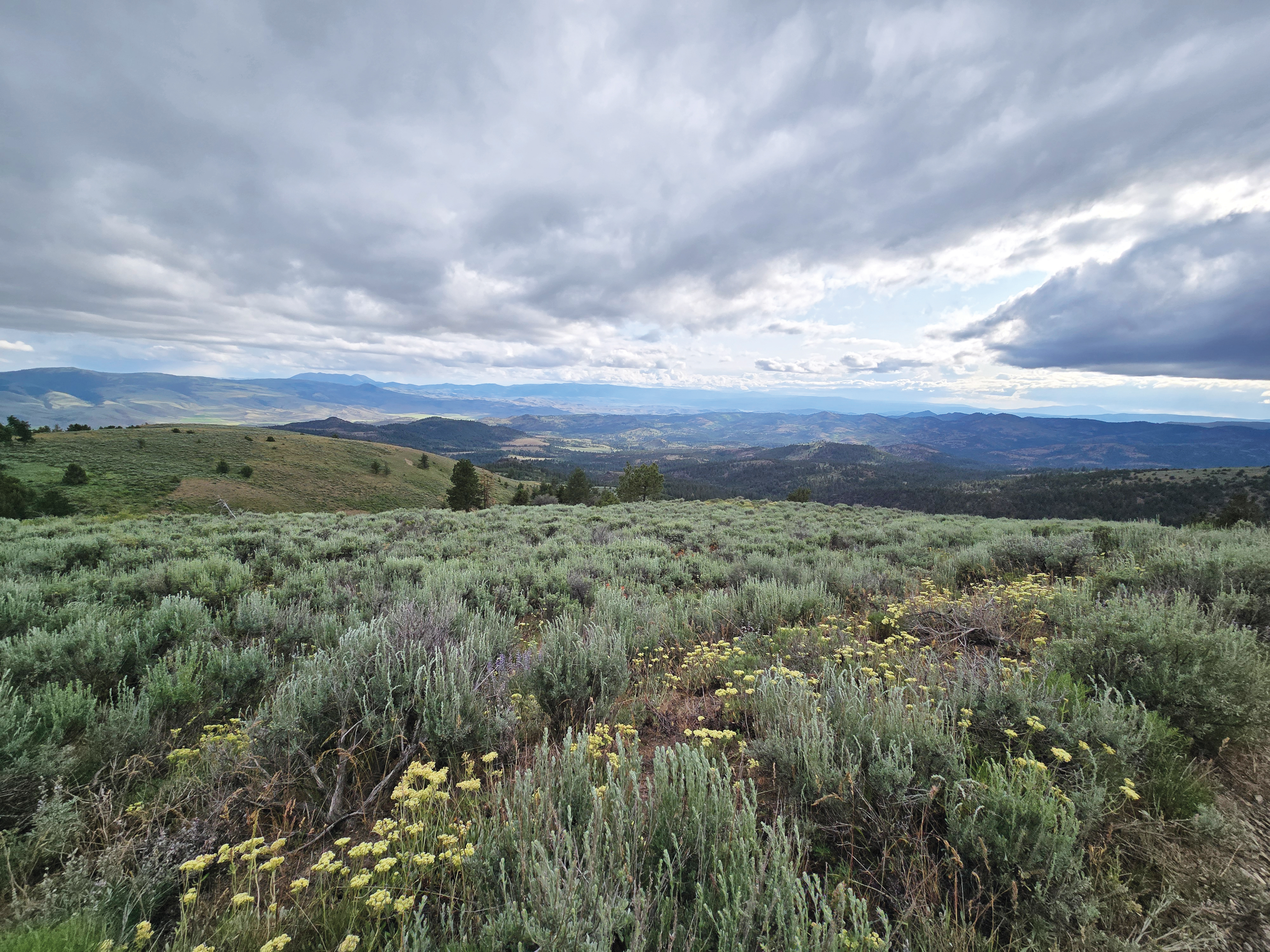The Common Good: Save our Postal Service
Published 5:00 am Tuesday, May 5, 2020

- Bill Whitaker
Today my wife put a thank-you card and a jar of homemade jam in our mailbox for our mailman. This reminded me of how, for at least 70 years, I have taken mail delivery and the post office for granted.
I remember my childhood mailman, Mr. Crumley, bringing our daily mail in his leather mail pouch. I was a bit awed by the unofficial Postal Service motto — “Neither snow nor rain nor heat nor gloom of night stays these couriers from the swift completion of their appointed rounds.”
My mother thanked Mr. Crumley at Christmas with a baked treat or sometimes a pair of warm woolen gloves.
I remember going to our local post office with my war-bond book to purchase savings stamps supporting our troops fighting against the Nazis. Later I collected stamps and learned about U.S. history and about exotic foreign lands— Ireland, Hungary, Egypt, India, Belgium and more. The post office was my pathway to the wider world.
It never occurred to me that our post offices might cease to exist. Today most of us in Eastern Oregon take our post offices for granted. We rely on our Union County post offices in La Grande, Union, Summerville, Imbler, Cove, North Powder, and Elgin. In Wallowa County we depend upon our post offices in Lostine, Joseph, Wallowa, Enterprise, and Imnaha. We know that our mail will be delivered 6 days every week.
The United States Post Office was created in 1775 under postmaster general Benjamin Franklin. The Postal Service is our country’s only universal delivery network. Unlike privatized delivery services, the Postal Service is required by law to deliver all mail and packages to everyone nationwide, regardless of where they live. No matter our address we know our mail will arrive. This is pretty amazing.
For thousands of families, a job at the USPS has been their path to the middle class. Currently, 600,000 postal employees are the lifeblood of America — bringing crucial correspondence, Social Security benefits, bills, newspapers and magazines, vote-by-mail ballots and 1.2 billion packages of life-saving medicine to millions of Americans regardless of their geography or their income.
Our Postal Service is at serious risk. The USPS is expected to lose about 50% of its revenue due to a loss of mail volume during the COVID-19 pandemic. The Postmaster General told Congress that, without support from the federal government, the system would run out of funding in September. The USPS is asking for $25 billion in aid to stay afloat. President Donald Trump responded by calling the Postal Service a “joke.” Both Senate Majority Mitch McConnell and Donald Trump have flat out rejected support for post offices while providing billions of dollars of subsidies to private corporations.
The United States Postal Service doesn’t run on taxpayer dollars — it relies completely on revenue created by postage and postal services. Without relief or intervention, the USPS will not be able to sustain itself for the long term, which means it will not be able to deliver mail and packages to 160 million addresses all over the country. How will people get their prescription drugs and, once they become available, their coronavirus test kits?
How will people vote by mail in a November election that is facing unprecedented hurdles to getting voters out to the polls?
Current attacks on the USPS are part of a longer Republican-manufactured crisis aimed at privatization. The Republican-enacted Postal Accountability and Enhancement Act of 2006 requires the Postal Service to prefund its retirees’ health benefits for 50 years up to the year 2056. This requirement — that no other entity, private or public, has to meet — costs the USPS $5 billion per year. Without this obligation, the Post Office actually turns a profit.
Local post offices could increase funding by providing services like faxing, notaries public, hunting and fishing licenses, even postal banking in remote communities.
The USPS is the most popular agency in the federal government. According to a 2019 PEW survey, nine out of 10 people have a favorable opinion of the Postal Service—and it’s bipartisan, with 87% favorability by Republicans.
Our post offices are community hubs, a common good, a rural lifeline. Let’s cherish, fund and save them.
Bill Whitaker lives in La Grande. He is professor emeritus of social welfare at Boise State University. He taught community organizing, social policy and planning for 40 years while serving on national social work education boards and state legislative task forces.
“The Common Good” is the monthly column from Bill Whitaker of La Grande. We’re working on adding other local columnists. If you would be interested in providing a regular column, please email editor Phil Wright at pwright@lagrandeobserver.com.






